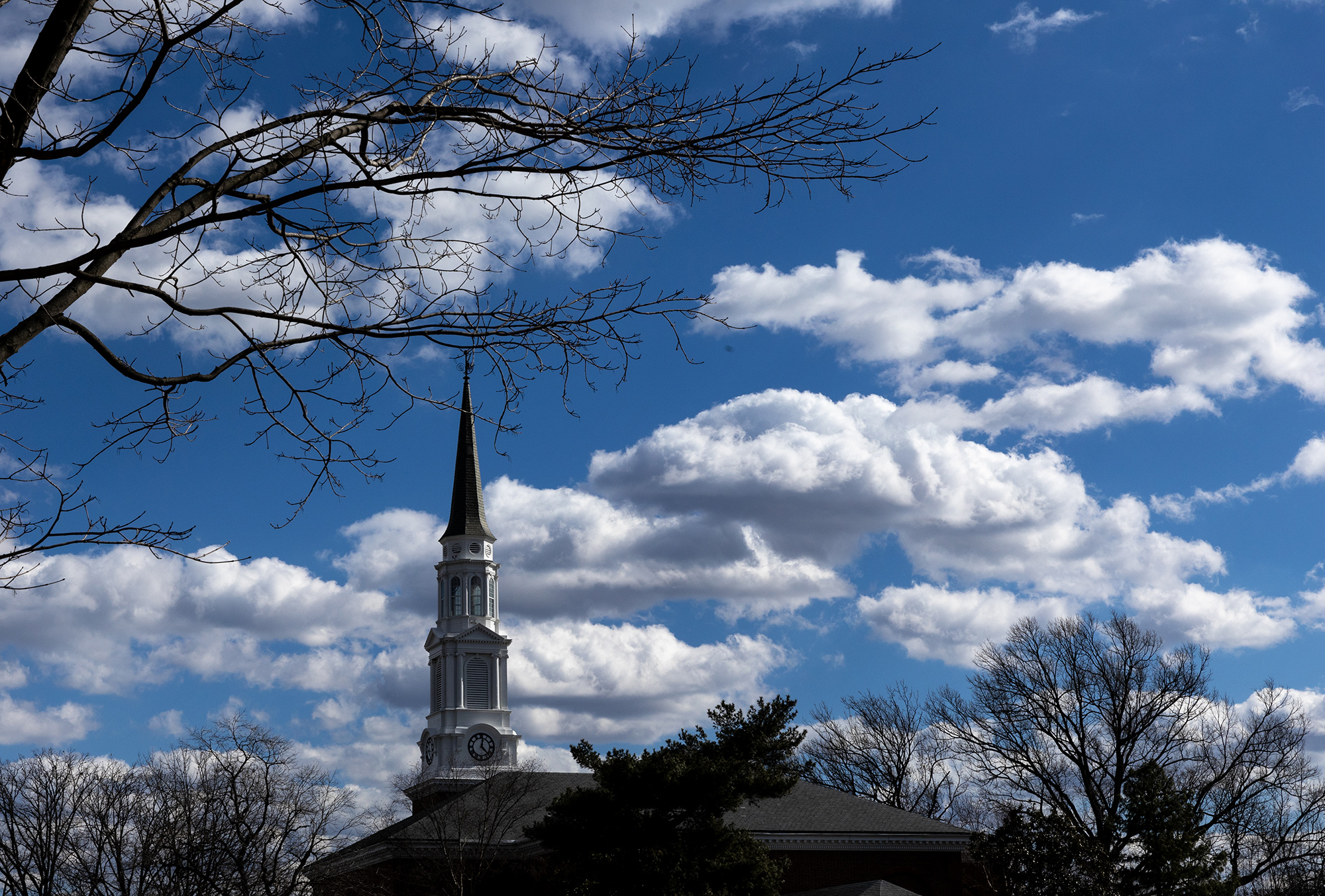Views expressed in opinion columns are the author’s own.
From “The Perks of Being a Wallflower” to “The Spectacular Now,” we’ve seen the coming-of-age movies. We watched the fictitious characters celebrate being admitted into their dream colleges and beginning their journeys as adults. As we grew older, we experienced this sensation for ourselves, sitting on the precipice of achieving our own dreams. Despite our different journeys, we all had one accomplishment in common — getting accepted to the University of Maryland.
And what an accomplishment this was; Maryland continues to climb in the international rankings, where it currently sits at No. 60 on U.S. News’ global ranking. The university’s acceptance rate also reached a decade-low 40.5 percent this past year. The university’s undergraduate research opportunities, historically dominant athletics program, and exciting construction and revitalization projects continue to draw in students from around the world, and prove that Maryland’s future is brighter than its already bright past. Considering the hard work required to get into the institution, it should be assumed that once students arrive on the campus, they are allowed to study what they desire.
However, students are instead met with an unfortunate reality of attending a school that’s building its prestige. Many popular programs — such as business and computer science — are Limited Enrollment Programs. There is no guarantee that a student could declare these majors once at the university. Yet, some of the university’s other very popular majors, such as journalism and government and politics, have recently dropped their LEP status to make these programs more inclusive and accessible to the general student body.
Any student who is admitted to this university should be able to study whatever they wish, and LEPs keep qualified and worthy students away from some of the university’s best programs. As some majors begin to drop their LEP status, it is clear that all other programs at the university should follow suit.
One major issue with LEPs is the application process. Incoming students who are not directly accepted into an LEP are enrolled in letters and sciences until they officially declare a major. Considering many students will hold out for these LEPs as they wait for their application to be accepted, students run the risk of wasting time, money and credits in their schedule on courses they will not need for their eventual degree. If the LEP designation was dropped, students could spend more time taking courses that directly benefit them and their academic goals.
This is not meant as a dig at the letters and sciences program, however. One of the best parts of this program is the diverse courses students can take, allowing them to become knowledgeable on a wide variety of subjects. This is beneficial for students because it can expose them to subjects they never knew they were interested in. However, if the university were to remove the entire LEP process, students could just do this of their own volition, regardless of major declaration. Considering how straightforward it is at the university to earn a double major or double degree, students would be able to better craft an educational path that better suits their interests and career goals, while still taking a diverse range of courses. By removing the LEP distinction, this university has the chance to allow students to be in greater control of their educational paths.
The university itself cites “limited space” in its description of why certain programs are LEPs. Yet, as the university continues to build new buildings and expand campus capacity, this claim becomes less reliable, especially when considering some new buildings, such as the E. A. Fernandez IDEA Factory, which will expand the engineering school’s services.
Further, after the expansion of virtual education services in response to the pandemic, classes that would become larger after dropping the LEP status may be offered online or through a hybrid model, should there be no space for in-person instruction. While this might be nontraditional, remote work is only becoming more popular in the wake of the pandemic, so it’s not an outlandish solution as the university looks to prepare students for the future. Regardless, anything is better than creating more exclusivity within an already-exclusive campus environment.
Some of the brightest minds in the country congregate each day in College Park. I know that because I’ve taken classes with some very intelligent students, and the university knows that because it accepted all of their applications. If we know every student at this university has the aptitude to be successful in any degree program, why do we continue to close deserving students out?
Anthony Liberatori is a junior environmental science and economics major. He can be reached at alib1204@umd.edu.



